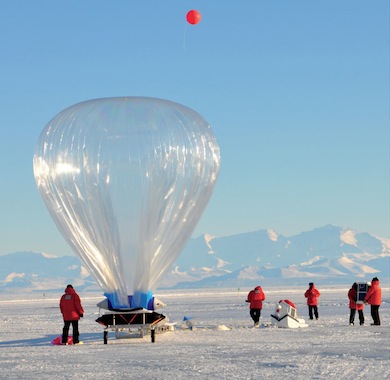
Chapter 2. Chapter 2: Science Literacy and the Process of Science
What kinds of questions are under the purview of science...

Guiding Question 2.1
What kinds of questions are under the purview of science, and why is science limited in this way? Why do we say science is a “process” and that conclusions are always tentative (nothing is ever proven)?
Why You Should Care
You can be certain that scientists are never certain—because the scientific method never proves anything with 100% certainty. This can cause confusion with non-scientists who want definite answers. Adding to the confusion is the fact that scientists use the term "theory" completely differently than the general public. Understanding the process of science and its limitations will help you better understand and interpret scientific evidence.
Test Your Vocabulary
Choose the correct term for each of the following definitions:
| Term | Definition |
|---|---|
| Information gathered via physical observation. | |
| Two things occur together—but it doesn’t necessarily mean that one caused the other. | |
| An association between two variables that identifies one (the effect) occurring as a result of or in response to the other (the cause). | |
| A body of knowledge (facts and explanations) about the natural world and the process used to get that knowledge. |
What kinds of inquiry, process, and knowledge are considered "science"? Which two blocks on the infographic below indicate where science happens?
1.
The word "theory" has a different meaning in science than it does in everyday usage. What’s the difference between the scientific and non-scientific meaning of "theory"? What would a "hypothesis" be in everyday language?
Activity results are being submitted...